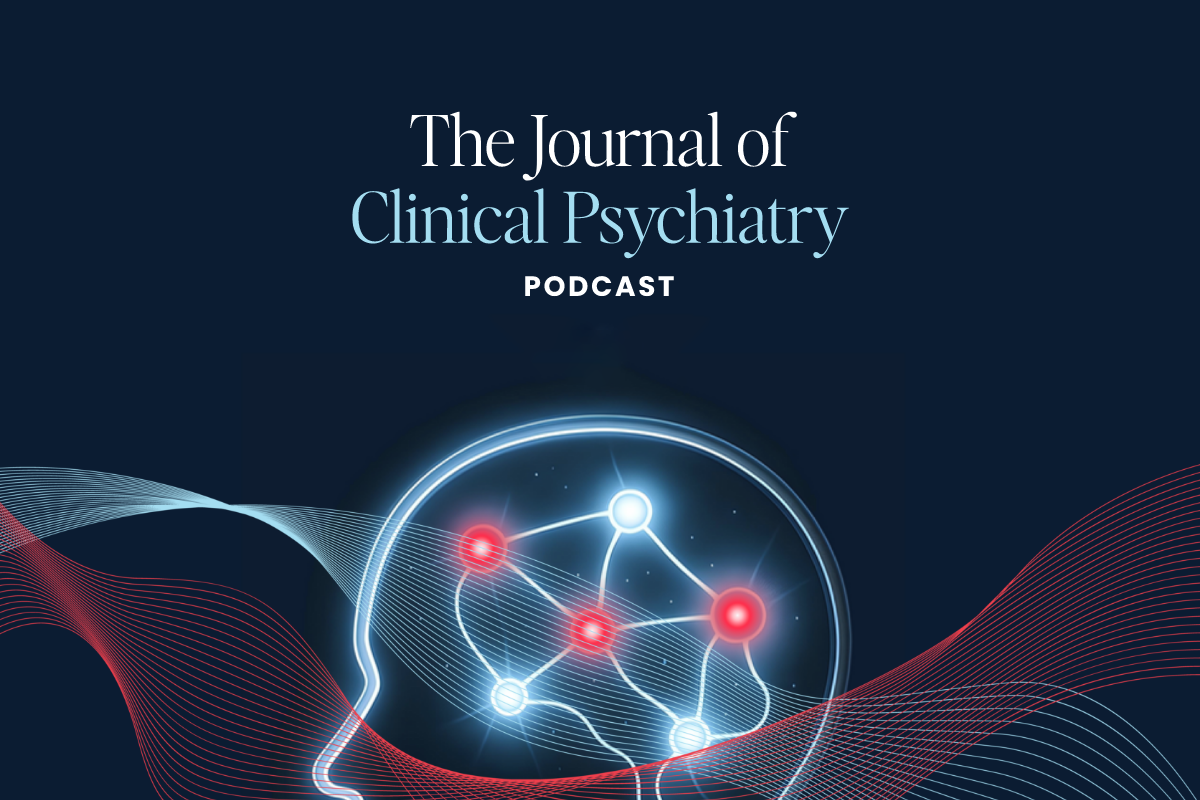Consumers be aware of BetterHelp’s deceptive privacy practices. The Federal Trade Commission (FTC) has proposed a $7.8 million fine against the mental health app, accusing the company of sharing sensitive user data with third parties such as Meta, Facebook’s parent company, and Snapchat.
The app had promised to keep all information private, but the FTC said that, instead, it sold it to social media companies and third party advertisers who used it to target ads to consumers.
The proposed action requires BetterHelp to return funds to individuals whose health data was compromised. Additionally, it bans the company from sharing personal information in the future for the purposes of targeting anyone who has used the app or visited its website, including those who did not sign up for its services.
Telepsychiatry in Flux Due to Shifting Pandemic-Era Rules
User Perception of Telephone-Based Telepsychiatry Consultation
The proposed order also limits the ways in which BetterHelp can share consumer data going forward. The company must receive explicit user permission before they can hand over any information to a third party and they are immediately required to put stronger consumer safeguards in place. And the order directs the company to delete sensitive data on a strict schedule and requires the third party apps to wipe any consumer health and other personal data that BetterHelp revealed to them.
“When a person struggling with mental health issues reaches out for help, they do so in a moment of vulnerability and with an expectation that professional counseling services will protect their privacy,” said Samuel Levine, Director of the FTC’s Bureau of Consumer Protection. “Instead, BetterHelp betrayed consumers’ most personal health information for profit. Let this proposed order be a stout reminder that the FTC will prioritize defending Americans’ sensitive data from illegal exploitation.”
The order was also extended to counseling services the company markets and sells under several other names, including Faithful Counseling, Teen Counseling, and Pride Counseling, which cater to Christians, teens, and the LGTBQ community respectively.
BetterHelp collects highly sensitive health information from its users including details about suicidal thoughts, depression, and medication. It also collects personal identifiable information, including name, email address, birth date. At various points during the signup process, the company promised not to disclose personal health data except for limited purposes, such as to the counselors providing services.
Yet the company sold email addresses, IP addresses, and health questionnaire information to Facebook, Snapchat, Criteo, and Pinterest for advertising purposes, the FTC complaint read. For example, they revealed information about people who had previously been in therapy to Facebook so the social media giant could serve them ads for even more counseling. The misleading practice helped the company reel in millions of dollars of additional revenue, according to the Commision.
BetterHelp released a statement in response to the complaint, which read, in part, “The FTC alleged we used limited, encrypted information to optimize the effectiveness of our advertising campaigns so we could deliver more relevant ads and reach people who may be interested in our services . To clarify, we do not share and have never shared with advertisers, publishers, social media platforms, or any other similar third parties, private information such as members’ names or clinical data from therapy sessions.”
A Commission panel voted 4-0 to issue the proposed administrative complaint and to accept the consent agreement with the company. The agreement will be subject to public comment for 30 days after publication in the Federal Register after which the Commission will decide whether to make the proposed consent order final.



